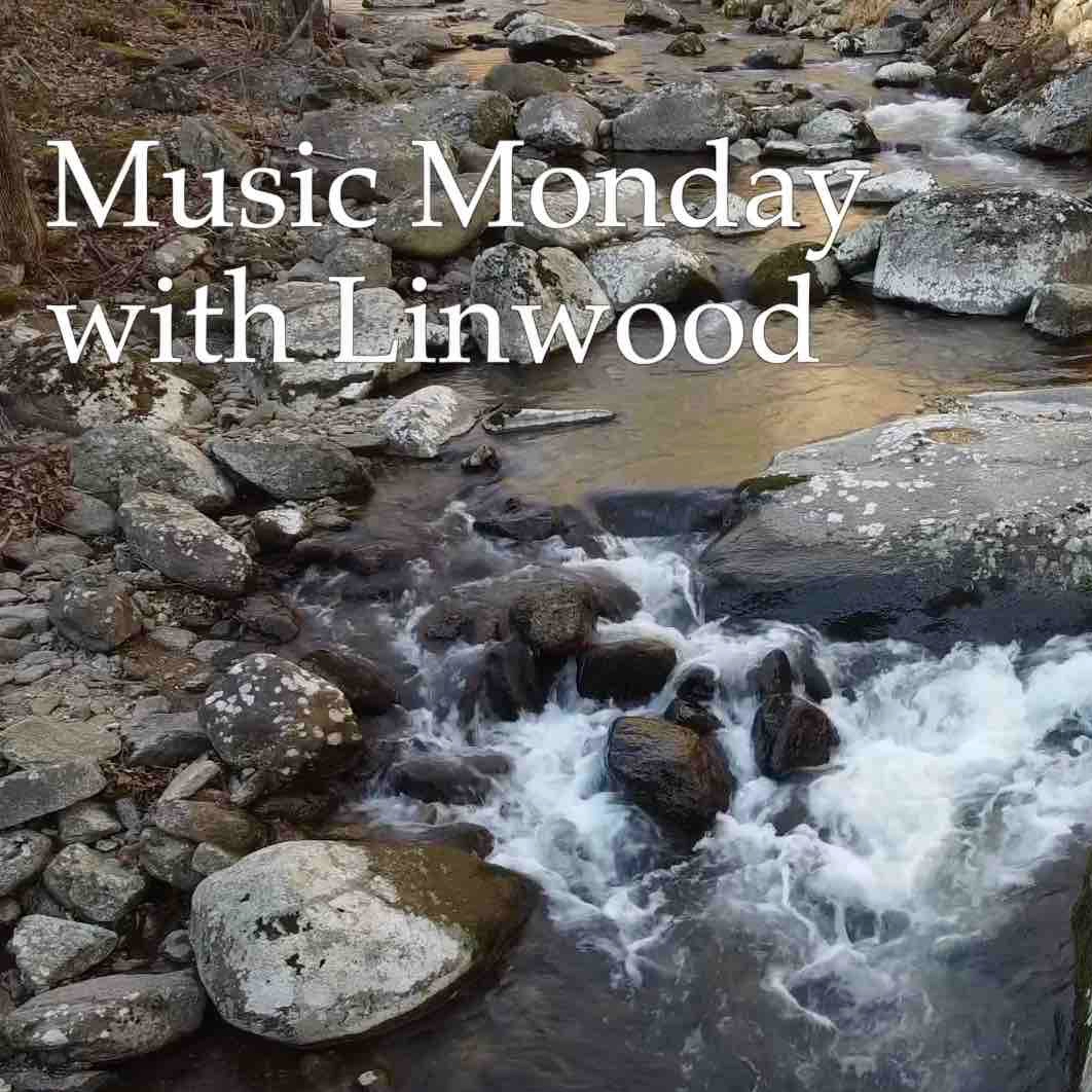During the season of Lent we have been using Richard Foster’s book Celebration of Discipline for sermons and Lenten Studies. I was honored to be invited to deliver the message on Sunday. My sermon topics were Simplicity and Solitude. However, if you were present in worship or joined the online service you noticed that I spent very little time of the subject of Simplicity.
Richard Foster describes the Christian Discipline of Simplicity as “an inward reality that results in an outward lifestyle.” Both are essential, in that we deceive ourselves if we believe we can possess the inward reality without its having a profound effect on how we live.
“The central point for the Discipline of simplicity is to seek the Kingdom of God and the righteousness of his kingdom first and everything necessary will come in proper order. The inward reality of simplicity involves a life of joyful unconcern for possessions. It is an inward spirit of trust. The sheer fact that a person is living without things is no guarantee that he or she is living in simplicity.”
Foster goes on to describe three inner attitudes which free us from anxiety concerning our possessions or lack of them.
Receive what we have as a gift from God. We are dependent on God for the simplest elements of life: air, water, sun. What we have is not the results of our labor, but the gracious care of God. All can be gone in the flash of an eye.
Simplicity means to trust God for the blessings of life. This is not just about what we possess but our relationships, our employment and the simple pleasures of everyday life.
If someone is in need, we help them by sharing what we have.
As Methodist we have a powerful example from John Wesley, who lived a very modest life. He did not fill his life with possessions, rather he made it his goal to do everything that he could to assist the poor in society.
His motto: Earn all you can, Save all you can and Give all you can!
When you visit his home in London, it is obvious that he lived a very modest lifestyle. Even the Methodist meeting houses were simple structures without the finery we have come accustomed to in our churches today.
Foster closes this chapter with a few suggestions for outward expressions of this discipline.
Buy things for their usefulness rather than their status. Examples: Homes, automobiles, clothes, etc.
Reject anything that is producing an addiction in you or the oppression of others. Simplicity is freedom, not slavery.
Develop a habit of giving things away. De-accumulate! Masses of things not needed, complicate our lives.
Learn to enjoy things without owning them. (Beaches, Parks Libraries etc.)
Develop a deeper appreciation for creation.
Shun anything that distracts you from seeking first the kingdom of God.

 Music Monday: It's Finally Here!
This is the Monday I’ve been waiting for!
It’s the Monday after Thanksgiving Da
Music Monday: It's Finally Here!
This is the Monday I’ve been waiting for!
It’s the Monday after Thanksgiving Da
 Wisdom Wednesday: Thanksgiving 2023
Grace and peace to you. I’m Rev. Joe Cailles, the pastor of Peakland United Met
Wisdom Wednesday: Thanksgiving 2023
Grace and peace to you. I’m Rev. Joe Cailles, the pastor of Peakland United Met
 Wisdom Wednesday: Advent Mission Festival
Grace and peace to you. I’m Rev. Joe Cailles, the pastor of Peakland United Met
Wisdom Wednesday: Advent Mission Festival
Grace and peace to you. I’m Rev. Joe Cailles, the pastor of Peakland United Met
 Music Monday: Great Things
The was frost on the pumpkin this morning!
And that has absolutely nothing to
Music Monday: Great Things
The was frost on the pumpkin this morning!
And that has absolutely nothing to
Comments & Upvotes